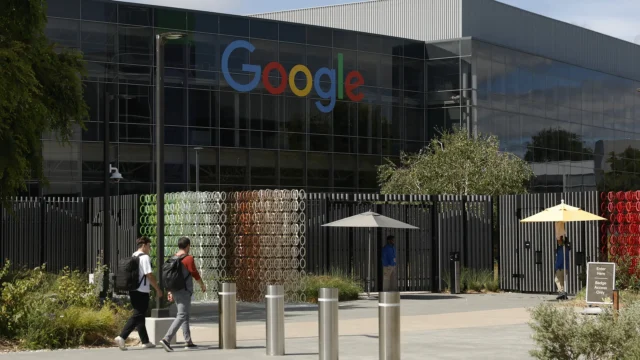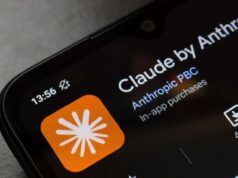
A federal jury in San Francisco has ordered Google to pay $425 million after finding the company violated user privacy. The verdict came from a class-action lawsuit that accused the tech giant of collecting user data for nearly eight years, even after people had disabled the “Web & App Activity” tracking feature. It is being seen as a significant ruling in the broader debate over digital privacy and corporate accountability.
Key Takeaways
- A jury ordered Google to pay $425 million for violating user privacy.
- The lawsuit claimed Google collected data even when the “Web & App Activity” setting was turned off.
- Nearly 98 million users and 174 million devices were affected.
- Google says the verdict misunderstands how its products work and plans to appeal.
Details of the Lawsuit
The class-action case was first filed in July 2020. Plaintiffs argued that Google, a subsidiary of Alphabet Inc., accessed data from users’ mobile devices without permission. They claimed Google’s privacy promises were misleading because the company allegedly kept collecting and even selling data from non-Google apps such as Instagram, Uber, and Venmo that use Google’s analytics services. The “Web & App Activity” setting, they said, was supposed to give users meaningful control over what Google could track.
While the plaintiffs sought more than $31 billion in damages, the jury ultimately found Google liable on two of three privacy violation claims. It did not find evidence of malice, which meant no punitive damages. Instead, the $425 million verdict is meant to compensate affected users. The case covered nearly 98 million people and about 174 million devices that were active between July 2016 and September 2024.
Google defended its practices during the trial, arguing the data in question was “nonpersonal, pseudonymous, and stored in secured, encrypted locations.” Company spokesperson Jose Castaneda said Google would appeal the decision, stating it “misunderstands how our products work.” He added that Google’s privacy tools are designed to give people control over their data, which the company honors when personalization features are switched off.
Broader Context and Future Implications
This is not the first privacy-related legal challenge Google has faced in recent years. Earlier in 2024, the company agreed to pay $1.4 billion in Texas to settle claims under state privacy laws. In April, Google also agreed to delete billions of browsing records tied to its Incognito mode following another lawsuit.
Taken together, these cases reflect growing concerns worldwide about how technology companies handle user data. Regulators and consumers alike are paying closer attention, and verdicts like this one may shape future privacy standards.
FAQs
Q: What is the ‘Web & App Activity’ setting?
A: The ‘Web & App Activity’ setting is a Google account control that saves your searches, browsing history, and other activity from Google services and websites to your Google Account. This data helps Google provide more personalized experiences, like relevant search results and recommendations.
Q: How do I check and change my Google privacy settings?
A: You can manage your privacy settings by visiting your Google Account page. Go to ‘Data & privacy’ to see and control what data is saved. Here you can pause or delete your ‘Web & App Activity’, ‘Location History’, and ‘YouTube History’.
Q: Does this lawsuit affect me if I am not in the U.S.?
A: The current lawsuit and its verdict apply to U.S. users. However, the outcome puts pressure on global tech firms to improve privacy protections for all users. It sets a precedent that could affect how these companies operate worldwide.










